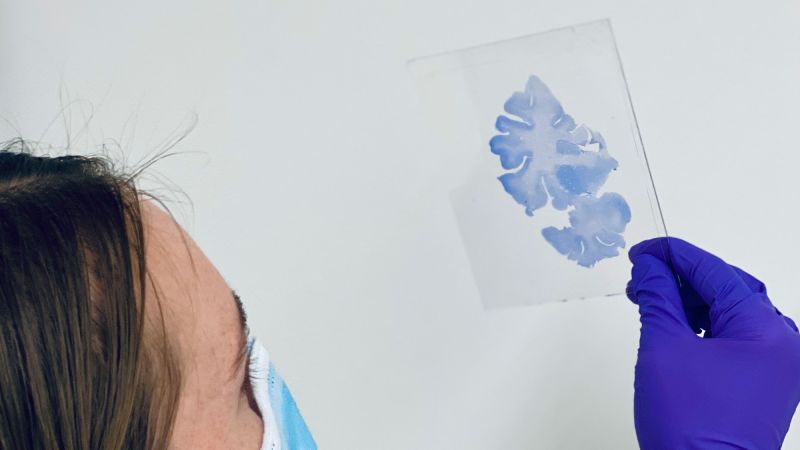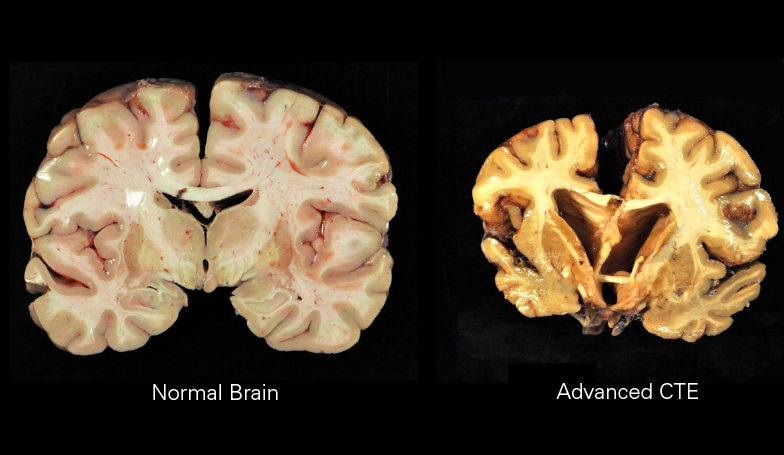
Potential Breakthrough in Alzheimer's Research Revealed by Harvard Scientists
Opinion | 8/7/2025
In a significant development emerging after nearly a decade of research, scientists at Harvard Medical School have unveiled a potential breakthrough in the understanding of Alzheimer’s disease and brain aging. Their findings suggest that the age-old remedy, lithium, could hold the key to offering protection to aging brains against Alzheimer’s.
The study conducted by Harvard Medical School researchers delved into the effects of lithium on brain aging and its potential role in combating Alzheimer’s disease. While the exact mechanisms are yet to be fully elucidated, preliminary results indicate a promising correlation between lithium and brain health in aging individuals.
According to a statement from one of the researchers involved in the study, “Our research opens up new possibilities for exploring the therapeutic potential of lithium in preserving cognitive function and potentially mitigating the onset of Alzheimer’s disease in aging populations.”
The implications of this research are substantial, as Alzheimer’s disease continues to pose a significant challenge in healthcare, particularly as the global population ages. Further exploration of the link between lithium and brain health could pave the way for novel approaches in addressing cognitive decline and neurodegenerative conditions.
As the scientific community awaits additional studies to validate these initial findings, the potential of leveraging an age-old remedy like lithium to offer protection against Alzheimer’s disease and support healthy brain aging stands as a promising avenue for future research and therapeutic interventions.


